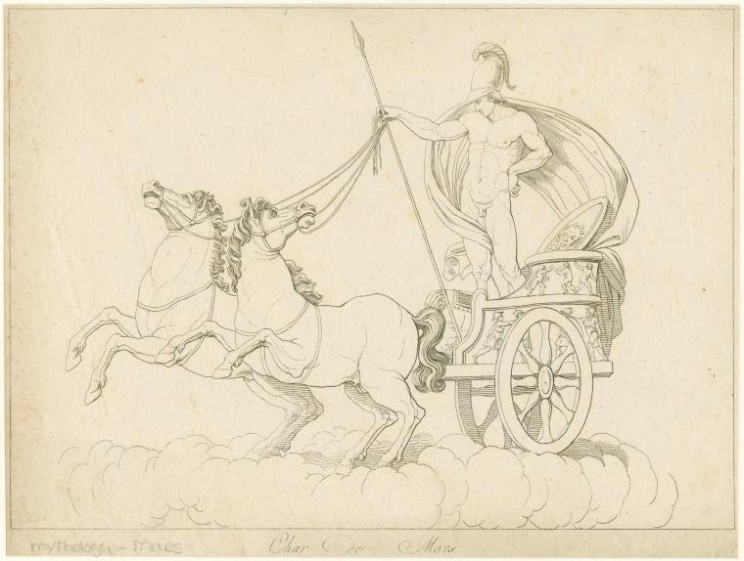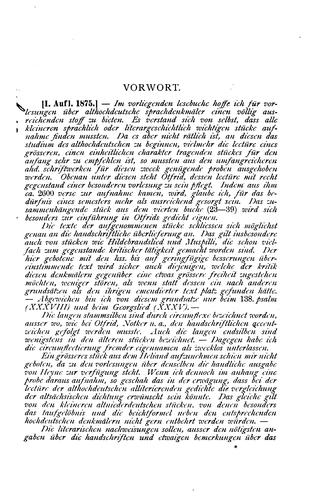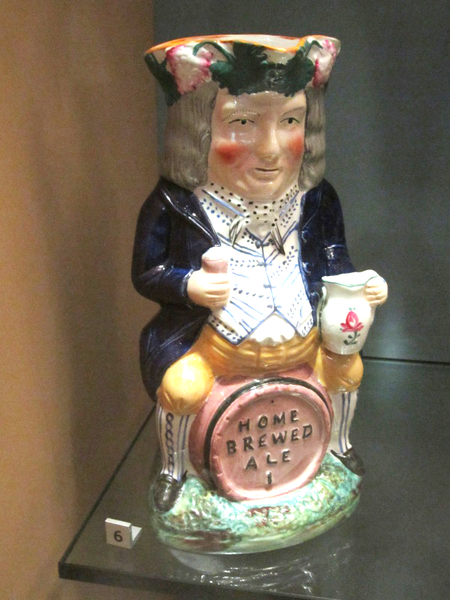By Anatoly Liberman
I am picking up where I left off a week ago.
Mare and Mars. Can they be related?
The chance is close to zero. Both words are of obscure origin, and attempts to explain an opaque word by referring it to an equally opaque one invariably come out wrong. Although Mars, the name of the Roman war god, has been compared with the Greek verb márnamai “I fight,” this comparison may be the product of folk etymology. Some festivals dedicated to Mars involved horses, but the connection was not direct. Since the success of campaigns depended on the good state of chariots, war and steeds formed a natural union. Mare has multiple Germanic and Celtic cognates. However, it may be a migratory word of Eastern origin. For example, Russian merin “gelding” has almost the same root. A similar case is Latin caballus “packhorse; nag,” later just “horse” and Russian kobyla “mare” (stress on the second syllable).
Monkey.
Along the same lines, I must defer judgment with regard to the word for “monkey” in Arabic, Farsi, and Romany. At the end of my post on monkey, I suggested that we might be dealing with a migratory animal name. If I am right, the etymology of one more hard word will be partly clarified.
Better.
In the post on suppletive forms, I wrote that better is the comparative of a nonexistent positive degree (good has a different root).The question from our correspondent concerned Farsi beh, behtar, behtarin. Are those forms related to better? Not being a specialist in Indo-Iranian, I cannot answer this question. (However, if h is a separate phoneme belonging to the root, the relation is unlikely.) I will only say that better is akin to Engl. boot in to boot and bootless (all such cognates refer to gain and improvement) and that the standard etymological dictionaries of Indo-European (Walde-Pokorny and Pokorny) mention only Sanskrit and Avestan congeners of better (Gothic batiza); they mean “happy.”
En gobelet (French) ~ en vaso (Spanish).
These phrases designate a vine pruned to the shape of a hollow cup. Was the drinking vessel named after the shape of the vine, or was the shape of the vine named after the drinking vessel? I am sure the second variant is correct.
Overused Words
As noted last time, I received a sizable list of words that the listeners of Minnesota Public radio “hate.” It is an instructive list. I also have my peeves. For example, I wince every time I hear that so-and so is a Renaissance man. In some circles, it suffices to know the correct spelling of principle and principal to become an equal of Leonardo. Fascinating is another enemy, and so is the cutting edge (in academia, to be on the cutting edge, one has to be interdisciplinary). Nothing is nowadays good, acceptable, or proper: the maid of all work is sustainable: sustainable behavior, sustainable budget, sustainable tourism—every quality and object has its sustainable niche (rhyming in the Midwest and perhaps everywhere with kitsch, witch, and bitch). Some of my “enemies” are pretentious Latinisms. For instance, I never accepted utilize outside its technical context (use is good enough for me) and morph for “change.” Why should things morph instead of changing? And why do students hope to utilize my notes? Do they want to recycle them?
I began to pay attention to other buzzwords only after they were pointed out to me:
Amazing.
True enough, newspapers and TV find themselves constantly enraptured. Their frame of mind is one of permanent astonishment and wonderment: the simplest things amaze them: a readable book, cold weather, and even cheap pizza. As a result, amazing has come to mean “worthy of notice.” It followed the same “trajectory” as Renaissance man. Rather scary are also the adjectives epic and surreal. The protagonists of epic poetry are larger than life, but with us every important event acquires “epic” dimensions. Likewise, though reality is full of surprises, every unexpected situation need not be called surreal.
Trajectory.
The word has been worked to death. Path, road, way, development, direction, and the rest have yielded to it. This holds for journalists and speech writers at all levels. President Obama: “I think Ronald Reagan changed the trajectory of America in a way that Richard Nixon did not and in a way that Bill Clinton did not.”
Impact.
This word has killed influence and its synonyms. I remember the time when the concerned guardians of English usage fought the verb impact. Now both the verb and the noun have become the un-words of the decade. Everything “has an impact” and “impacts” its neighbors. Impact is a tolerably good word, but, like chocolate, it cloys the appetite and produces heartburn if consumed in great quantities.
I will now quote some of the messages I received. Perhaps our correspondents will comment on them:
Dialogue.
“I absolutely hate dialogue used as verb, as in let’s dialogue about that. Also hate go-to as in it’s my go-to snack or it’s my go-to workout.” Both do sound silly, for go-to (never a beauty) originated in contexts like this is the person to go to (= turn to) if you need good advice. Shakespeare would have been puzzled: in his days go to was a transparent euphemism for go to the devil. As for dialogue, it has succumbed to the powerful rule that has “impacted” English since at least the sixteenth century: every noun, and not only nouns, can be converted into a verb (consider “but me no buts,” “if ifs and buts were candy and nuts,” and the like). Sometimes the opposite process occurs: meet is a verb, and meet, a noun, came into being. It does not follow that we should admire the verb dialogue.
Folks.
“My least favorite word… when politicians use the word folks, like they are intimately familiar with their audience.” I agree! Folks should not be used as a doublet of folk.
Clearly.
“Whenever so-called experts weigh in on news stories, they preface their statements with the word clearly. Clearly somehow makes whatever they say irrefutably true.”
Actually.
“…count the number of times the word is used in a culture of growing mistrust of analysts and experts who make predictions about news before it happens…” I have waged a losing war against such adverbs (actually, really, clearly, definitely, certainly, doubtlessly) for years, but actually is the worst offender, a symptom of what I call advanced adverbialitis (–Where were you born? –Actually, I was born in California.)
Doubling down.
“The one I started hearing a lot this year is ‘So-and-so is doubling down on [a provocative statement or position]. Holy cow, political commentators, what did you do before this phrase crawled into your brains!” I guess they were milking some other venerable cow, possibly unrelated to gambling.
Evolve.
There was a complaint about the use of the verb evolve as meaning “develop; change” (“…so many people describe themselves or their opinions as ‘evolving’….”). In the past, I resented devolve as a synonym of degenerate, because I had been using this verb only in contexts like “I devolved all authority to my assistant,” but gradually accepted the other sense. By now I have heard evolve “change” so many times that it no longer irritates me (unlike morph).
Organic/natural.
In my talk show, I said that I am tired of hearing that nearly everything I buy is called organic or natural and was reprimanded: “There are strict standards set by government for the term organic, while the term natural is not regulated. You are maligning the organic food industry by proffering the incorrect information.” I stand corrected and apologize.
Random.
One of the listeners resented the promiscuous use of the adjective random (the epithet above is mine). Mr. Dan Kolz wrote in a letter to me: “In programming circles, a random value is one generated by the computer which is not predictable or predefined by the programmer. It can be used like: ‘I found a bug in test which generated random values as parameters’. It is sometimes used as a synonym for arbitrary or in a longer form ‘an arbitrarily chosen value’. This indicates that from the programmer’s perspective the value was unpredictable (if not actually from the user’s). It is in this sense that the word random could have acquired the meaning ‘selected or determined for no reason I know or could have predicted’, as in ‘I went to the party, but there were just a bunch of random people there’.” This strikes me as a reasonable explanation. Computer talk has really (clearly and actually) had a strong influence on Modern English. For instance, cross out and expunge have disappeared from the language: everything is now “deleted.”
May I repeat my old request? Sometimes people discover an old post of mine and leave a comment there. I have no chance to find it. Always leave your comments in the space allotted to the most recent posts. Above, I rejected a connection between mare and Mars. By way of compensation, you will see an equestrian print of the Roman war god, though I suspect that his horses were chargers rather than mares.
Anatoly Liberman is the author of Word Origins…And How We Know Them as well as An Analytic Dictionary of English Etymology: An Introduction. His column on word origins, The Oxford Etymologist, appears here, each Wednesday. Send your etymology question to him care of [email protected]; he’ll do his best to avoid responding with “origin unknown.”
Subscribe to Anatoly Liberman’s weekly etymology posts via email or RSS.
Subscribe to the OUPblog via email or RSS.
The post Monthly etymology gleanings for January 2013, part 2 appeared first on OUPblog.





